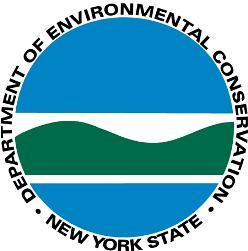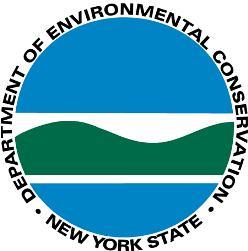

“The bobcat population has increased over the past several decades throughout upstate New York,” said Commissioner Martens. “DEC’s new bobcat management plan provides for the continued well-being of this unique species as well as opportunities for its use and enjoyment. I would like to thank members of the public and our stakeholder groups for taking the time to submit comments which resulted in DEC issuing a much improved management plan.”
Observation reports and analysis of harvest data have made it clear that bobcats have increased in abundance over the past several decades throughout upstate New York, although they are rarely seen in the wild due to their secretive behavior. DEC estimates New York’s bobcat population to be approximately 5,000 animals and growing, even in areas where regulated hunting and trapping seasons have been in place since the 1970s.
In accordance with the management plan, DEC will propose in regulations simplifying hunting and trapping season dates by establishing dates that are consistent throughout much of the state. The plan also establishes new hunting and trapping opportunities in several wildlife management units across the Southern Tier. Hunting and trapping season changes in the plan will not take effect prior to fall 2013, as a rulemaking process is necessary to implement such changes.
While hunters and trappers are the most common users of the bobcat resource, wildlife enthusiasts, nature photographers and the public also benefit from a healthy bobcat population.
Public comments on the draft bobcat management plan were carefully reviewed by DEC, and based on the input received, DEC made extensive revisions to the plan, including:
· adding a more clear explanation of how DEC estimates population size, predicted harvest increases and impacts of additional harvest on population growth;
· clarifying that there is no intent to reduce bobcat populations anywhere in the state;
· reducing the emphasis on negative human-bobcat interactions because they are not a major concern or motivation for actions proposed in the plan;
· recognizing the public interest in restoring bobcats to Long Island and willingness to cooperate with feasibility studies.
The bobcat management plan and a summary of responses to public comments are available on DEC’s website at http://www.dec.ny.go...imals/9360.html.
- Read more...
- 0 comments
- 4052 views










